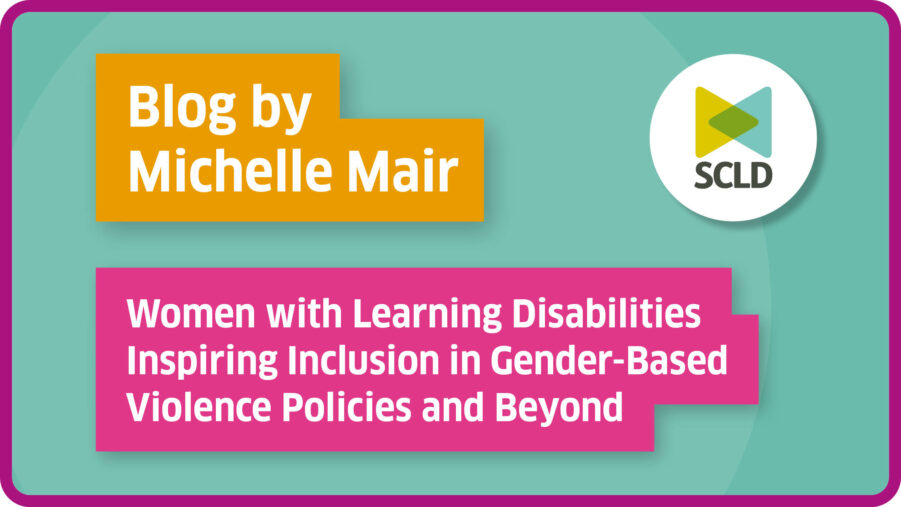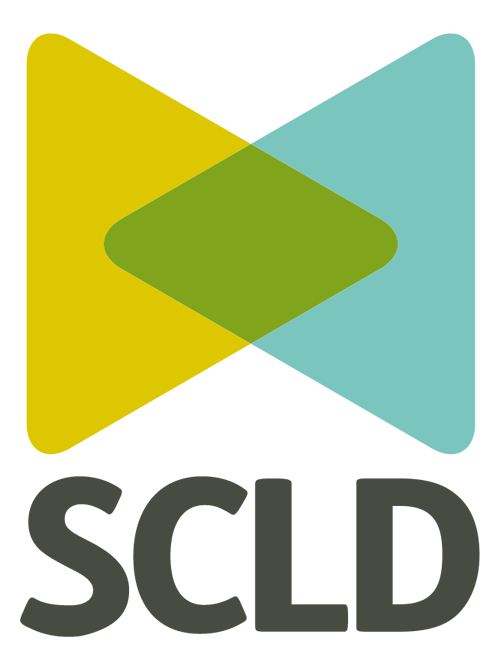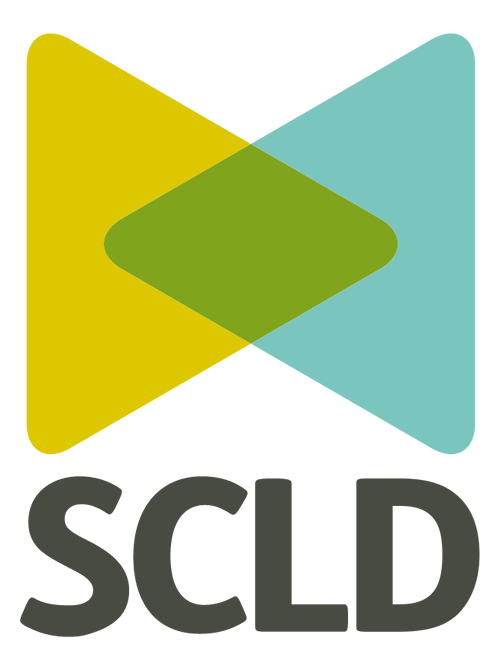
Women with Learning Disabilities Inspiring Inclusion in Gender-Based Violence Policies and Beyond
“Too often…feminists with disabilities have been excluded from the spaces, conversations, and movements that have shaped progress towards gender equality at the global, regional, national, and local levels.” (The Inclusive Generation Equality Collective, 2022)
At the launch of the Scottish Government and COSLA’s new strategy for preventing and eradicating violence against women and girls, called Equally Safe, we were delighted to see findings from our co-produced gender-based violence and learning disability research reflected in the refreshed strategy. This is the first time that the unique experiences of women with learning disabilities have been recognised in mainstream violence against women and girls (VAWG) policy in Scotland.
We are now looking forward to working with the VAWG Equality Team at the Scottish Government and COSLA to further inform their Equally Safe Delivery Plan, which is due to be launched in April 2024.
“A movement towards gender equality that excludes women, girls, trans, intersex, and nonbinary persons with disabilities will never achieve its goals.” (The Inclusive Generation Equality Collective, 2022)
SCLD and the Scottish Human Rights Commission (SHRC) also held a focus group to gather evidence on Scotland’s implementation of the Council of Europe’s Convention on Preventing and Combating Violence Against Women and Domestic Violence, known as the Istanbul Convention.
The workshop was informed by a group of women with learning disabilities and expertise on gender-based violence, including: members of People First (Scotland)’s Equally Safe Group, who have been central to the design and delivery of SCLD’s gender-based violence and learning disability project; and graduates from our pioneering Power Women gender-based violence and learning disability leadership course.
During the focus group, women with learning disabilities provided critical insights in the following areas:
- Prevention of domestic and gender-based violence.
- Protection of women and girls who experience domestic and gender-based violence.
- Prosecution of perpetrators of domestic and gender-based violence.
These important insights and recommendations are included in SHRC’s report: “It’s Not a Story, It’s What Happened”, which was fully supported in SHRC’s submission to the Council of Europe Group of Experts on Action Against Violence Against Women and Domestic Abuse (GREVIO): Parallel Report for the Baseline Report in Monitoring the United Kingdom.
#InspiringInclusion
#IWD2024
Michelle Mair, SCLD Gender-Based Violence Project Adviser


